Choosing the right payment gateway is crucial in today’s ecommerce world. Whether you’re looking for global reach, low fees, or seamless integration, the best payment gateway should offer secure, fast transactions. To help you pick the right payment gateway, we’ve listed the top 10 with key features, pros, and cons.
1.PayPal

Top 10 Ecommerce payment gateways for your store
PayPal supports over 200 countries and multiple currencies, making it one of the most widely accepted payment gateways. The PayPal system is easy to set up, offers fraud detection tools, and offers buyer protection.
The Key Features Are:
Global acceptance, multi currency, fraud protection
What’s Good:
Global brand with trust
Setup is easy and quick
Protection for buyers with strong security featuoores
A Few Cons:
Transaction fees are higher, especially for international transactions
Occasional fund holdings
You can’t customize much
2. Stripe
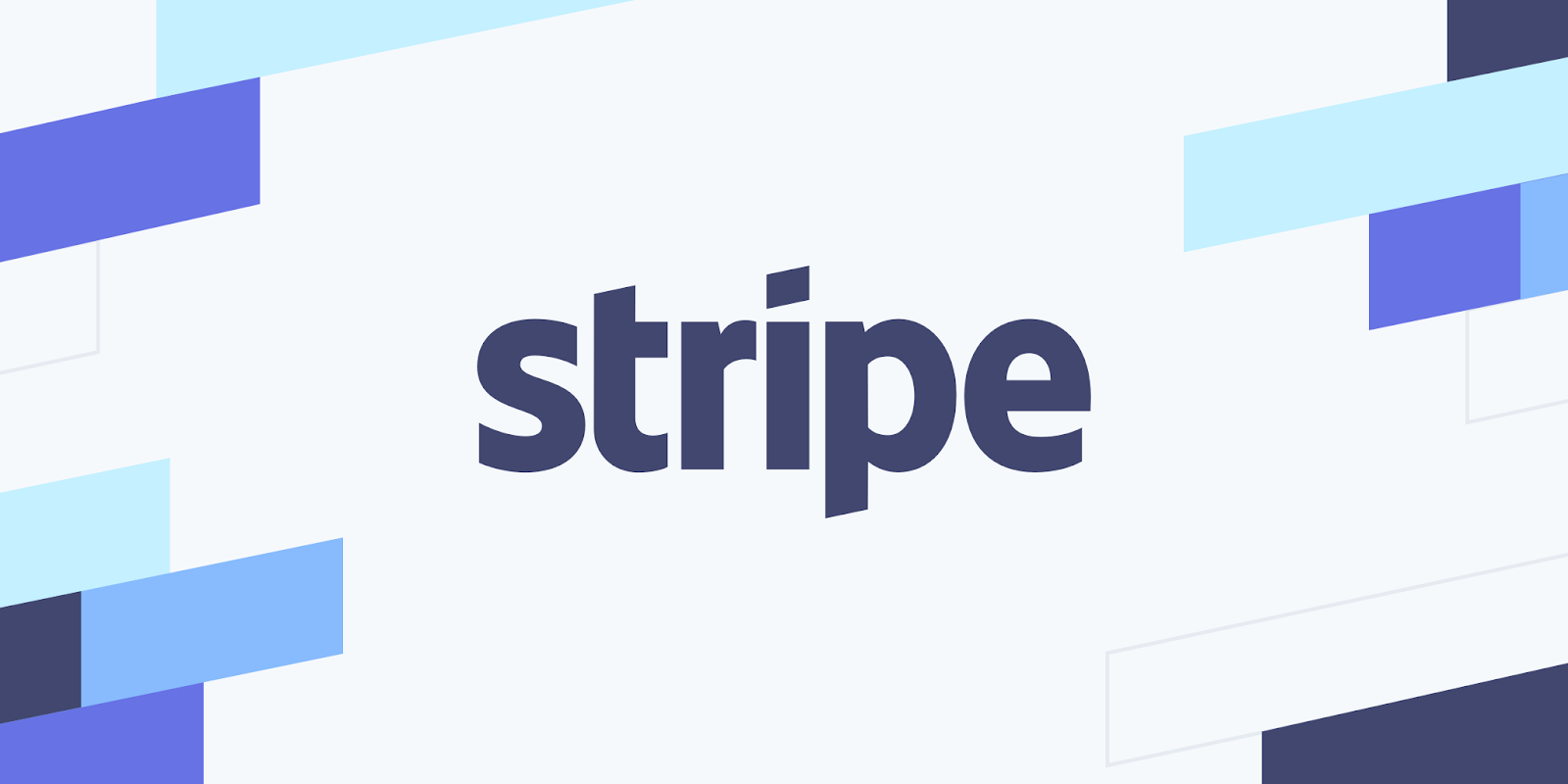
Top 10 Ecommerce payment gateways for your store
Stripe is a payment processing solution that’s tailored to developers and businesses. E commerce stores looking for customization will love Stripe’s subscription billing, multi currency support, and API capabilities.
The Key Features Are:
Comprehensive API, multi currency, subscription billing
What’s Good:
API support and highly customizable
There are no monthly fees, so startups can afford it
Multiple payment options available
Downsides:
For full integration, you’ll need technical expertise
There’s not much customer service for smaller businesses
A POS system isn’t built in
3. Square

Top 10 Ecommerce payment gateways for your store
A Square payment solution includes POS systems for physical stores and an online gateway for e commerce.
Key Features:
POS integration, flat rate fees, business analytics
What’s Good:
Transact online and offline with one app
Fees you can count on
Analyzes and provides valuable insights for businesses
Downsides:
There’s limited global support; mainly operates in a few countries
A smaller selection of currencies and payment types
Customizable online only
4. Authorize.Net

Top 10 Ecommerce payment gateways for your store
Authorize.Net is a gateway owned by Visa that’s been around for a while. Among its features are fraud detection, recurring billing, and advanced reporting.
Key Features:
Fraud detection system, recurring billing, and advanced reporting
What’s Good:
Anti fraud protection
Accepts a lot of payments
Trusted by Visa
Downsides:
Small businesses can pay a lot in monthly fees
Setup requires technical support
Paying with a smartphone is limited
5. Braintree
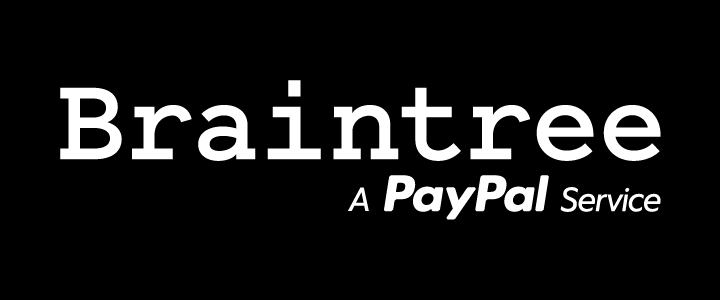
Top 10 Ecommerce payment gateways for your store
Braintree, a PayPal subsidiary, makes checkout easy. There are a bunch of payment methods, including credit cards, digital wallets, and Venmo. Merchants can manage different payment options with just one integration
A Few Key Features:
Multi payment (PayPal, Venmo), global transactions
What’s Good:
Multiple payment methods integrated in one place
You don’t have to pay anything extra for international transactions
Anti fraud built in
Downsides:
For smaller clients, there’s limited customer service
It can be hard to customize
Paying with certain types of cards has higher fees
6. Amazon Pay
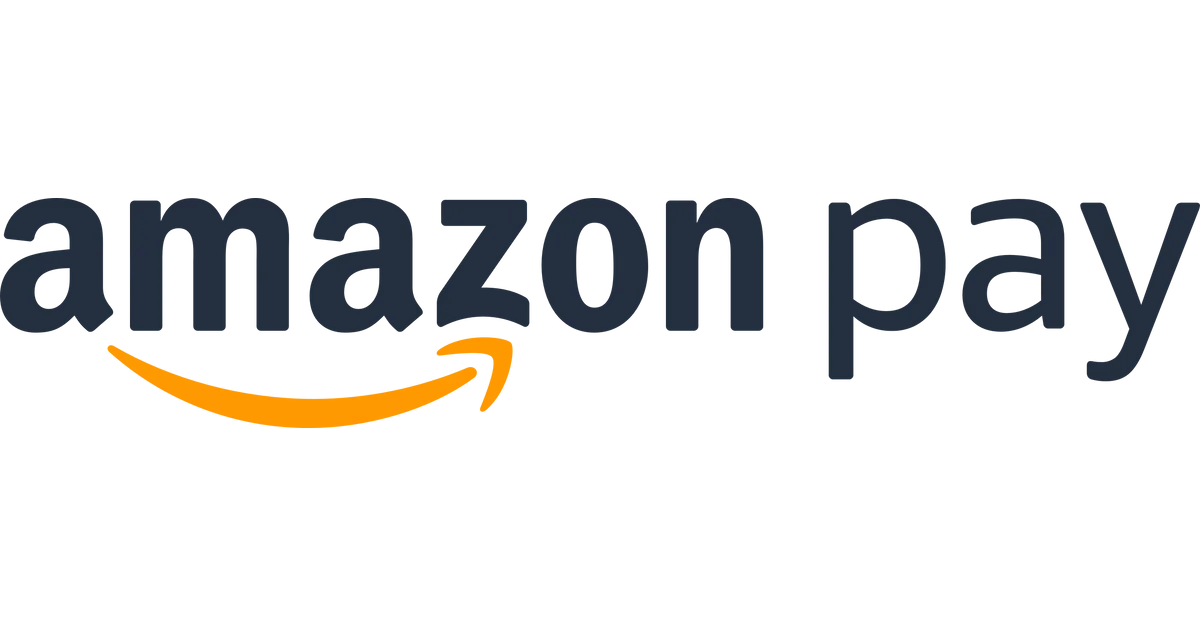
Top 10 Ecommerce payment gateways for your store
Amazon Pay leverages Amazon’s huge user base to simplify checkout. Checkout friction is reduced by letting customers use their Amazon credentials.Â
The Key Features Are:
Amazon login and secure payment processing
What’s Good:
Increases customer trust with Amazon’s brand
There are no extra fees beyond standard transaction costs
Checkout made easy
Downsides:
You have to have an Amazon account to buy it
Transaction fees go up
Not a lot of customization
7. Adyen
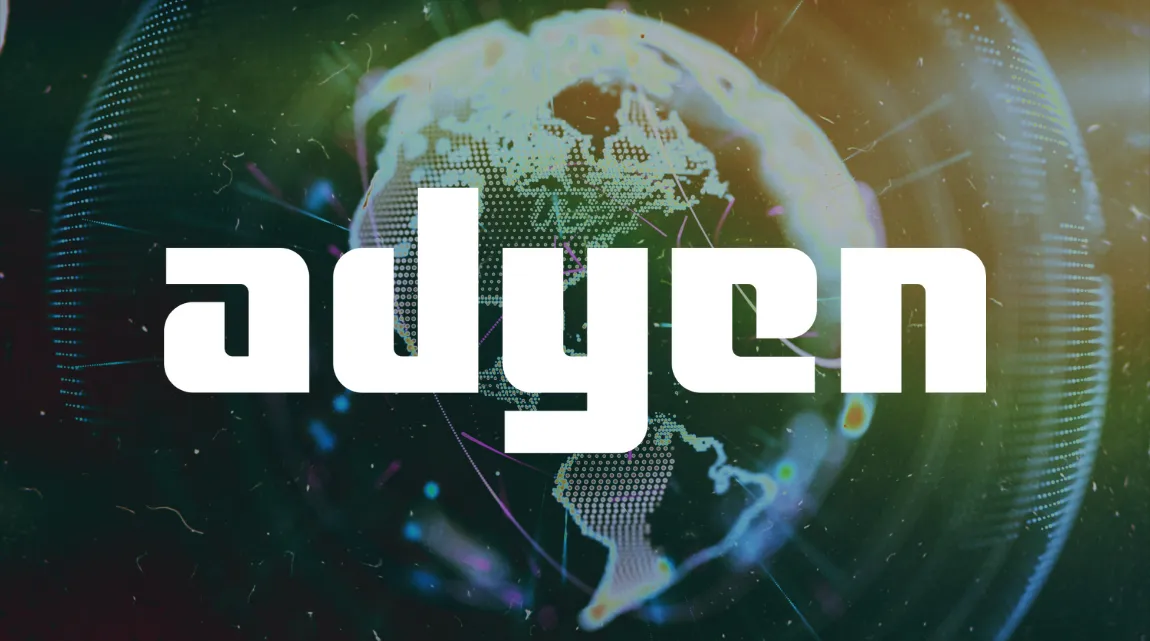
Top 10 Ecommerce payment gateways for your store
The Adyen payment gateway serves large multinational companies. Known for its multi currency support and detailed reports, Adyen handles a range of payment methods.
The Main Features Are:
Multi currency, detailed reporting, and scalability
What’s Good:
It’s great for enterprises and global companies
Provides a wide range of payment options
For bigger operations, it’s customizable and scalable
Downsides:
Smaller businesses pay more fees
Advanced integrations require technical skills
Business size affects pricing transparency
8. 2Checkout
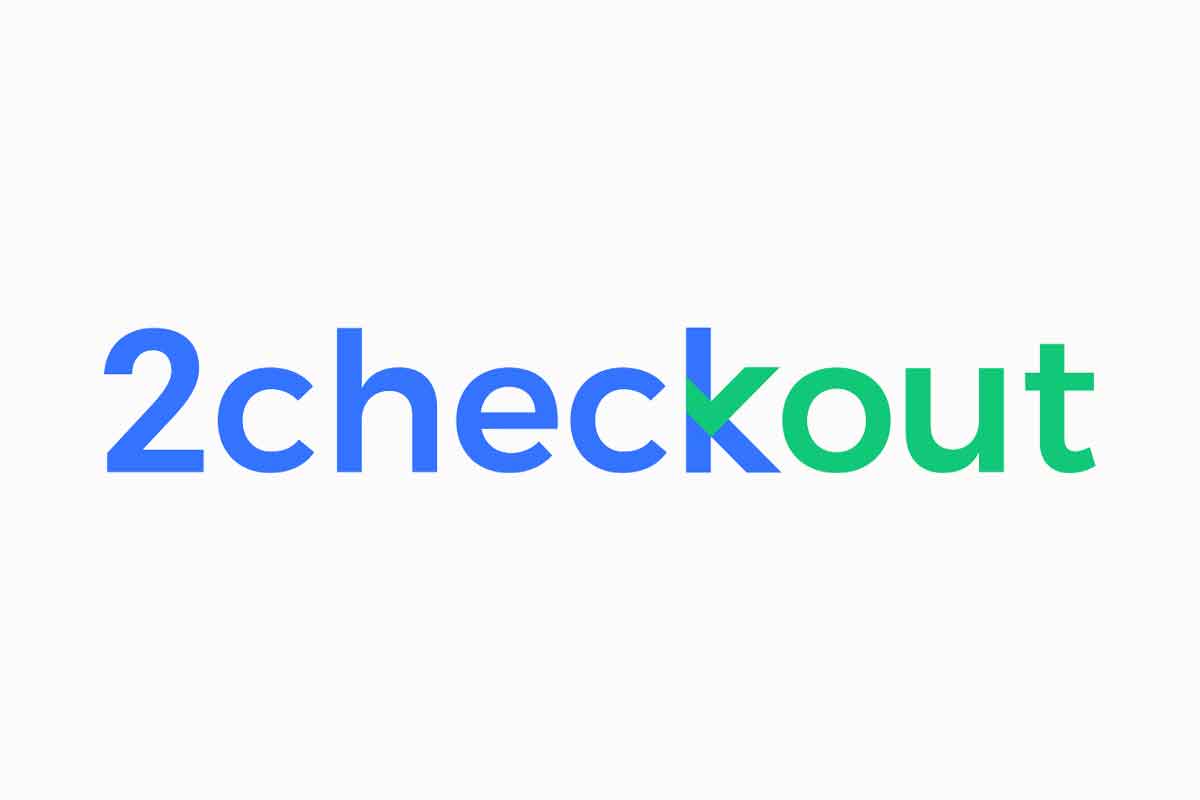
Top 10 Ecommerce payment gateways for your store
The Key Features Are:
Multi currency, recurring billing, fraud protection
What’s Good:
Wide range of currencies and payment methods
Integrate with popular e commerce platforms
Subscriptions and SaaS businesses love it
Downsides:
International transaction fees are high
Checkout customization is limited
Customer service takes longer
9. Worldpay
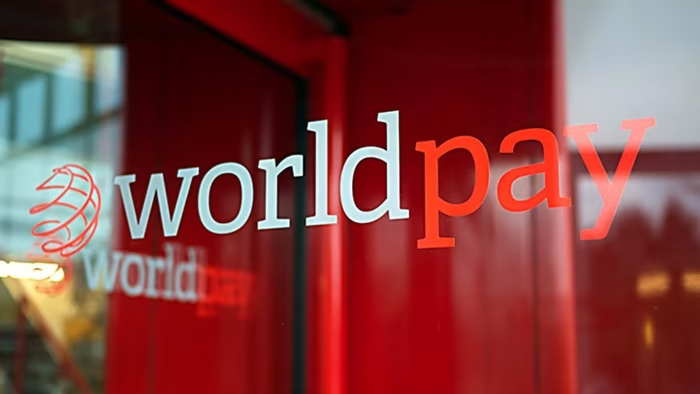
Top 10 Ecommerce payment gateways for your store
FIS Global’s Worldpay offers plenty of features for online and offline transactions. For businesses with a global reach, it’s ideal for supporting a variety of payment types and currencies.
The Key Features:
Include global payment support, POS options, and analytics
What’s Good:
Global currency support and payment options
Fraud protection and strong security
Pays online and offline
Downsides:
Fees are higher, but they’re good for big companies
It’s hard for smaller businesses to figure out complex fee structures
It’s hard to get good customer service
10. WePay
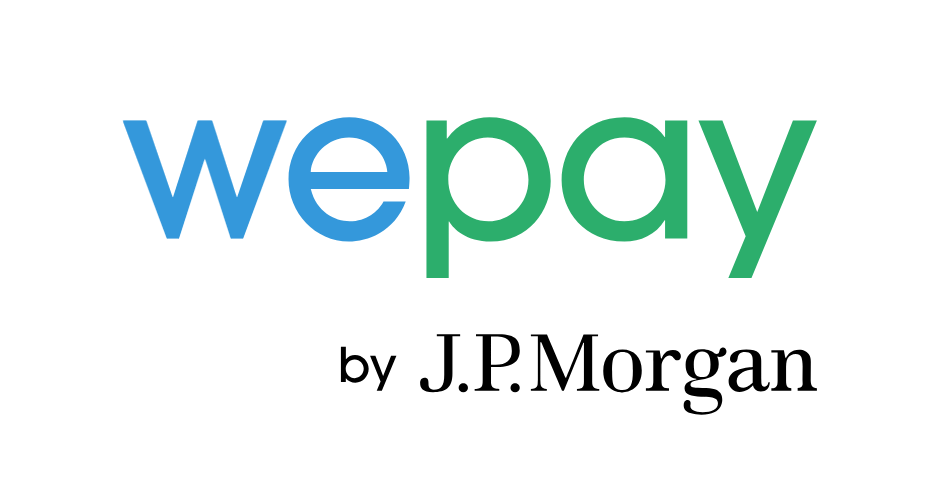
Top 10 Ecommerce payment gateways for your store
JPMorgan Chase’s WePay specializes in API driven payments, making it a favorite of platforms and marketplaces. With features that facilitate integration and fraud detection, WePay lets platforms handle payments seamlessly. P2P transactions and service marketplaces are especially popular.
The Key Features Are:
White label integration, Chase backing, fraud detection
What’s Good:
Marketplaces and platforms can be branded
Fraud protection that works
Peer to peer payments and services that work
Downsides:
Limited international support, mostly for U.S. markets
Paying isn’t as easy as it used to be
It’s hard to set up, especially for non techies
Quick Comparison Table
| Payment Gateway | Key Features | Pros | Cons |
| PayPal | Global acceptance, fraud protection | Trusted, quick setup, strong security | Higher fees, fund holds, limited customization |
| Stripe | Comprehensive API, multi currency | Customizable, no monthly fees | Requires tech setup, limited support, no POS |
| Square | POS integration, analytics | Predictable fees, easy setup | Limited global support, few currency options |
| Authorize.Net | Fraud detection, recurring billing | Strong security, Visa backed | Monthly fees, complex setup |
| Braintree | Multi payment support, global reach | Unified integration, no extra international fees | Needs tech expertise, limited support |
| Amazon Pay | Amazon login, fraud protection | High trust, streamlined checkout | Amazon account required, high fees |
| Adyen | Multi currency, scalable | Ideal for global business | Higher fees, technical integration |
| 2Checkout | Recurring billing, fraud protection | Easy integration, multiple currencies | High fees for international transactions |
| Worldpay | Global support, analytics | Strong security, versatile | Higher fees, complex fee structure |
| WePay | White label, fraud detection | Custom branding, strong security | Limited to U.S., fewer payment options |
Conclusion
You should pick a payment gateway based on your business needs:
PayPal andSquareare great for small businesses because they’re user friendly and have predictable fees.
Companies with a lot of technical resources might preferStripe orBraintree.
A robust multi currency solution and scalability are why global enterprises chooseAdyen orWorldpay.
A marketplace or platform can customize branding and useAmazon Pay orWePay for seamless, secure transactions.
It’s best to align the features and fees of each gateway with your business model for a secure, efficient, and customer friendly payment process.


